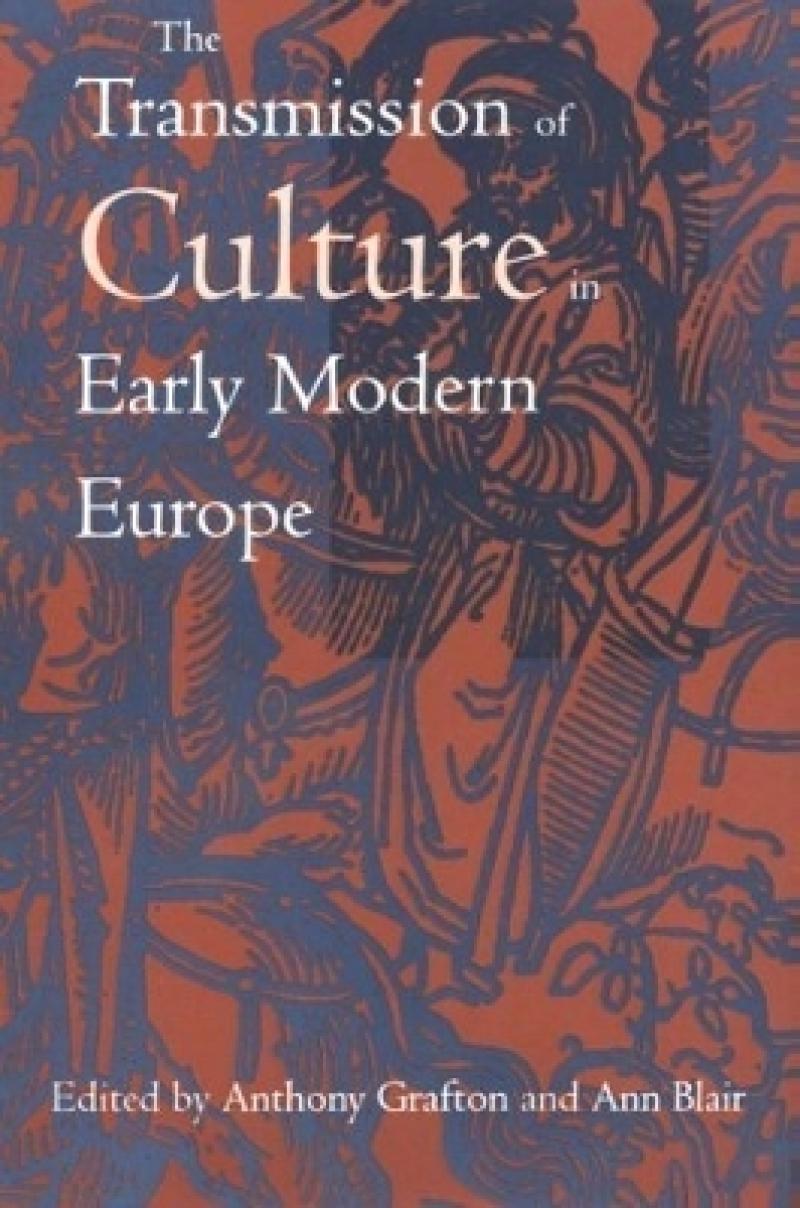The Transmission of Culture in Early Modern Europe focuses on the ways in which culture is moved from one generation or group to another, not by exact replication but by accretion or revision. The contributors to the volume each consider how the passing of historical information is an organic process that allows for the transformation of previously accepted truth.
The volume covers a broad and fascinating scope of subjects presented by leading scholars. Anthony Grafton's contribution on the fifteenth-century forger Annius of Viterbo emphasizes the role of imagination in the classical revival; Lisa Jardine demonstrates the way in which Erasmus helped turn a technical and rebarbative book by Rudolph Agricola into a sixteenth-century success story; Alan Charles Kors finds the roots of Enlightenment atheism in the works of French Catholic theologians; Donald R. Kelley follows the legal idea of "custom" from its formulation by the ancients to its assimilation into the modern social sciences; and Lawrence Stone shows how changes in legal action against female adultery between 1670 and 1857 reflect basic shifts in English moral values.
